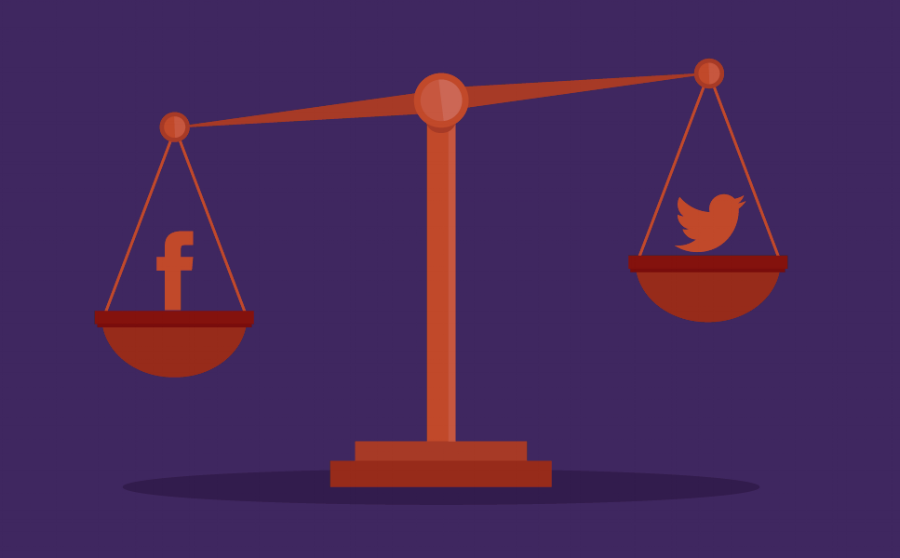
Last semester I spoke to the 3rd Year Strathmore Law Class on the topic of Social Media. Being an intellectual property (IP) law class, I divided up my presentation into several key areas. Firstly, social media as the subject matter of IP, which was the focus of a previous blogpost here. Secondly, IP in Social Media with a focus on the question of intermediary liability was discussed here. Finally we concluded by considering IP advantages and disadvantages of social media before concluding by looking at two case studies from Kenya. This third point will be the focus of this blogpost.
Among the disadvantages of social media for inventors and creators are: 1) posting on social media may destroy novelty for patent applications; 2) brand dilution may result from social media presence; 3) social media remains a major conduit and facilitator of piracy and counterfeiting activities; and 4) license terms and conditions on most social media websites may be onerous and non-beneficial for users who own IP.
The good news for IP owners is that social media has several compelling advantages that make it indispensable in today’s digital world. First and foremost, social media is a powerful medium for distribution. For content creators, distribution remains a huge problem since it is tied intrinsically to revenue and popularity growth. Social media offers a free (but with strings attached) distribution platform which has turned complete strangers into overnight celebrities. Social media platforms such as YouTube have replaced traditional broadcasting channels thus allowing content creators to access a worldwide pool of viewers as well as monetise their content through advertising. Secondly, social media is a powerful form of brand IP for startups and established businesses alike. Twitter handles are as important to brands as domain names. An IP owner’s social media accounts are not only a platform but constitute a stand-alone commercial asset comparable to a portfolio of trade marks.
Thirdly, social media platforms serve as incontrovertible proof of infringement. Many times IP owners rely on social media sites when making claims of infringement against third parties. Take for instance the case of Mwarv v. Land Rover Africa where the car maker misappropriated the former’s image and used it to promote its goods on facebook. The infringement was quickly spotted and Mwarv was able to mobilise his legal team to negotiate a settlement. Similarly, the notice and take-down mechanism that underpins the terms and conditions of most social media sites protects IP owners such as Mwarv by allowing them to raise a complaint to the intermediary and have the alleged infringing content removed from the social media website.